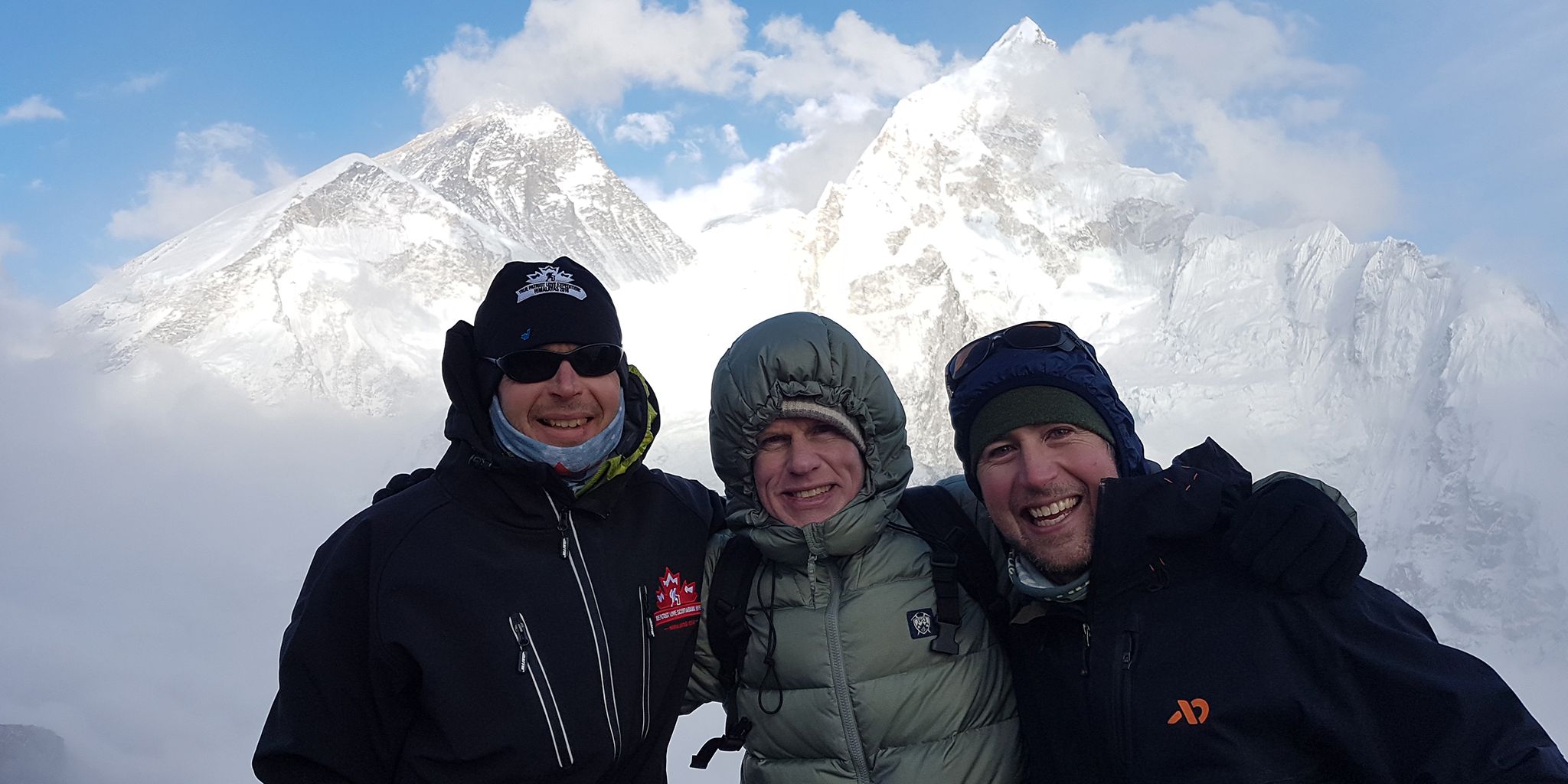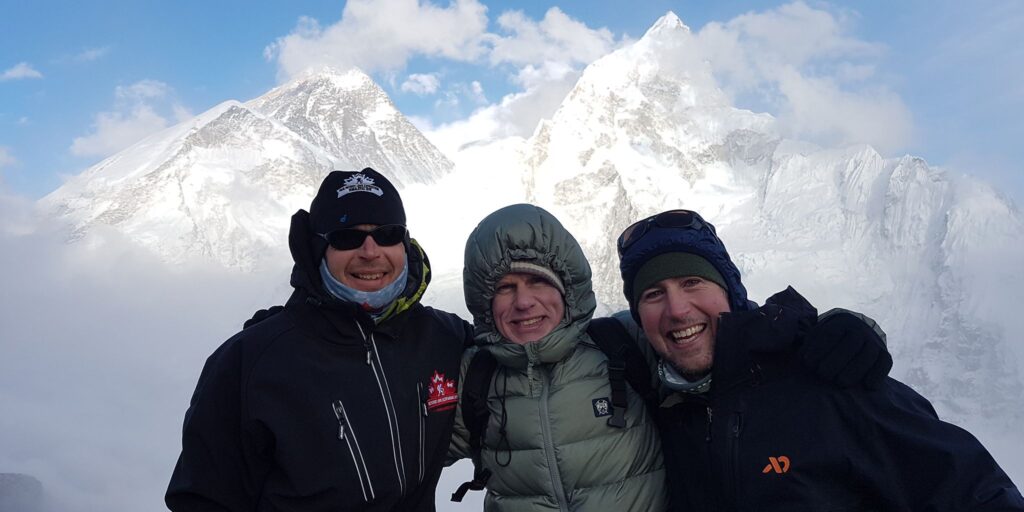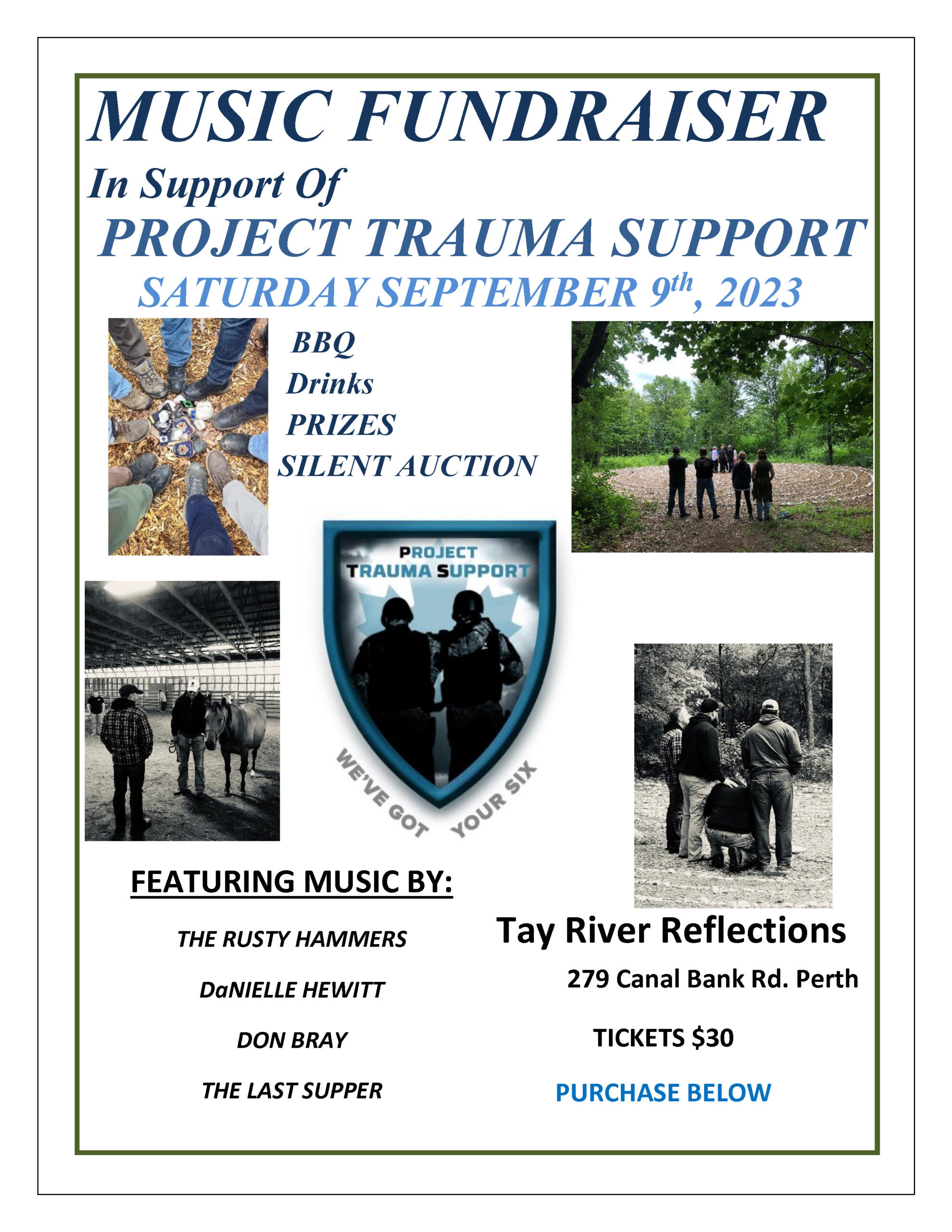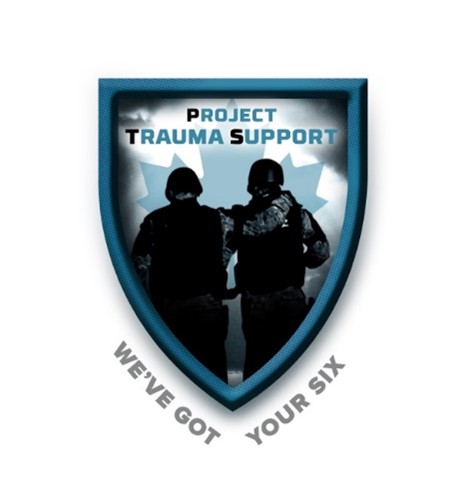To those who share our concern for the mental health and wellbeing of our military members, veterans, first responders, and front-line health care workers,
As you are likely aware, we are seeing an escalation in the need for mental health care for our emergency and front-line responders. Those we rely on to keep us safe and healthy are facing significant new challenges in today’s world. There are increasing numbers of calls for service and professionals are working overtime and short-staffed due to colleague burnout and budgetary cuts. In addition to this, some first responders, especially police officers, are facing criticism and condemnation from the public more than ever. Media reporting of the performance of emergency service providers is increasingly negative, adding to less job satisfaction.
Project Trauma Support (PTS) has developed a six-day residential experiential program that helps our uniformed professionals and our front-line medical personnel process their painful experiences so that they may remain actively engaged in service. Since 2016, we have had over 700 graduates of our program. Many have indicated that their experience with us was life changing and even life saving. Many have either returned to work or have been able to stay at work as a result of completing the PTS program. Families have reported that they have seen lasting positive changes in their loved ones returning from the program. More recently, we have added ketamine assisted psychotherapy to our programming. Again, staying at the developing edge of new methodologies and emerging evidence, we have developed protocols to safely administer ketamine sessions in both group and individual format with medical supervision and expert psychotherapeutic support.
Our physician led, peer mentor driven program has the advantage that effective, targeted treatment can be delivered in a short time frame, limiting both the cost and the length of time a participant is away from work and their families.
We wish to ensure that we remain adequately funded so that we may continue to offer the benefits of our work to many who are suffering and have not been able to access effective care. We are receiving increasing numbers of referrals from not only past participants who want to send their colleagues, but also from their mental health providers who have seen the benefits. To be able to continue, we need your financial support. As Project Trauma Support is a registered charity in Canada, all donations receive a tax receipt.
We wish to continue to develop the PTS programming, backed by sound research, to demonstrate that the work we are doing is safe, effective and ground-breaking.
Our goal is to scale up our work by teaching our findings and our methods to other physicians and mental health providers across Canada. We believe that we can be part of an effective and affordable solution and that our work can contribute to establishing the standard of care for ensuring the mental health and resilience of those who hold the front lines and are the first and last defense of our country.
Donations can be made through our website: www.projecttraumasupport.com or through searching for Project Trauma Support on the Canada Helps website: www.canadahelps.org
For more information, please contact us at [email protected]
Sincerely,
Manuela Joannou M.D. CCFP(EM) FCFP
Medical Director, Project Trauma Support




 It has been said that soldiers fight mostly for love of their comrades in arms. As both a civilian and military physician, over the last 34 years I have heard hundreds of stories from the people who serve our country. The following is an attempt to give a voice to those whom I have had the privilege to serve and to showcase the valuable lessons they have taught me on the subject of love.
It has been said that soldiers fight mostly for love of their comrades in arms. As both a civilian and military physician, over the last 34 years I have heard hundreds of stories from the people who serve our country. The following is an attempt to give a voice to those whom I have had the privilege to serve and to showcase the valuable lessons they have taught me on the subject of love.
